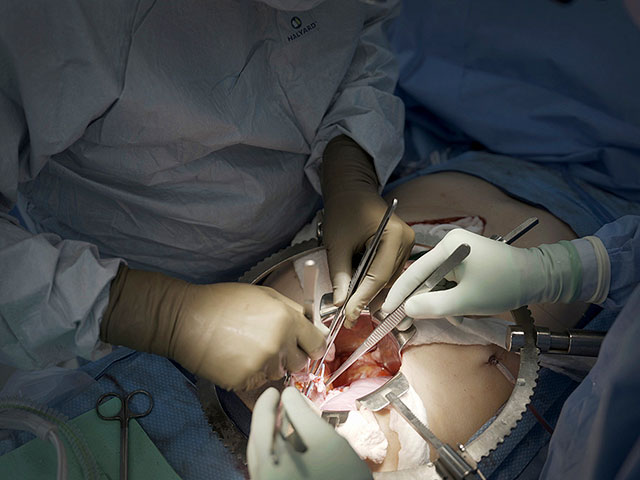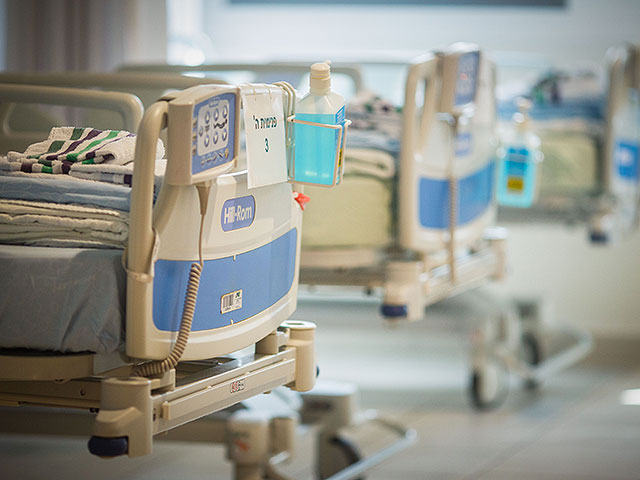Dr. Mallika Anand, a urogynecologist at Harvard-affiliated Beth Israel Deaconess Medical Center, frequently sees women carrying large insulated tumblers that can hold a liter or more of water into her office. Despite the common belief that drinking too much water or other fluids can lead to more trips to the bathroom, Dr. Anand often needs to explain the link between the two.
It can be confusing to think that increasing fluid intake could be the cause of increased urination, but Dr. Anand frequently encounters this misunderstanding in her practice. She sees many women who are concerned about their frequent bathroom visits and are unaware of the connection between hydration and urination.
As a courtesy, Harvard Health Publishing allows access to its library of archived content for readers. It is important to pay attention to the date of the last review or update on all articles to ensure the information is current. Regardless of the date, it is essential to remember that no content on this site should be used as a replacement for personalized medical advice from a healthcare professional.
Dr. Anand often needs to explain how increased fluid intake can actually lead to less frequent urination if consumed in moderation throughout the day instead of gulping down large amounts at once.
In fact, some studies have even suggested that dehydration may actually contribute to overactive bladder symptoms.
Overall, it’s important for women to understand how hydration affects their urinary habits and seek professional advice if they are experiencing frequent bathroom visits or other bladder issues.
In conclusion, while it may seem counterintuitive, drinking too much water can actually lead to an overactive bladder and frequent urination. As such, it’s important for women to pay attention to their hydration habits and seek professional advice if they are experiencing any bladder issues.



